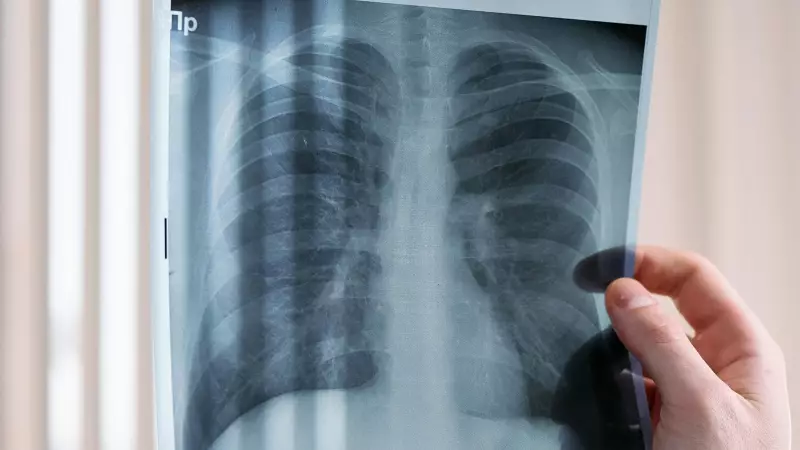
In a startling medical case that challenges conventional wisdom about lung cancer, a 43-year-old woman from Ghaziabad received a devastating diagnosis despite never having touched a cigarette in her life. Her story is emerging as a cautionary tale about hidden environmental health threats affecting millions across India.
The Unexpected Diagnosis
The patient, who maintained an active lifestyle and had no family history of cancer, initially dismissed her persistent cough and breathing difficulties as seasonal allergies. However, when her symptoms worsened over several months, medical investigations revealed the shocking truth: advanced stage lung cancer.
Doctors Sound Alarm on 'Breathers Disease'
Medical professionals are now calling this phenomenon the "breathers disease" – lung cancer affecting people who don't smoke but are exposed to dangerous levels of air pollution. "We're seeing a disturbing trend where perfectly healthy non-smokers, particularly women, are developing lung cancer," explained the treating physician.
Hidden Dangers in the Air We Breathe
The case highlights several critical environmental factors contributing to this health crisis:
- Severe air pollution from vehicular emissions and industrial activities
- Indoor air contaminants from cooking fuels and household chemicals
- Environmental toxins that accumulate in lung tissue over time
- Genetic susceptibility to pollution-induced cellular damage
Warning Signs You Shouldn't Ignore
Medical experts emphasize that early detection is crucial for better outcomes. Be alert to these symptoms:
- Persistent cough that lasts more than three weeks
- Unexplained shortness of breath during routine activities
- Chest pain that worsens with deep breathing or coughing
- Unexpected weight loss and fatigue
- Coughing up blood or rust-colored phlegm
A Wake-Up Call for Public Health
This case serves as a crucial warning about the invisible health emergency unfolding across Indian cities. With air quality consistently reaching hazardous levels in many urban areas, doctors stress that every breath counts when it comes to long-term health consequences.
"We need to treat air pollution with the same seriousness we treat smoking," the doctor emphasized. "The lungs of non-smokers in polluted cities are showing damage comparable to light smokers in cleaner environments."
The medical community is urging greater awareness, regular health check-ups for high-risk populations, and stronger public health measures to address what they describe as one of the most significant silent health crises of our time.






